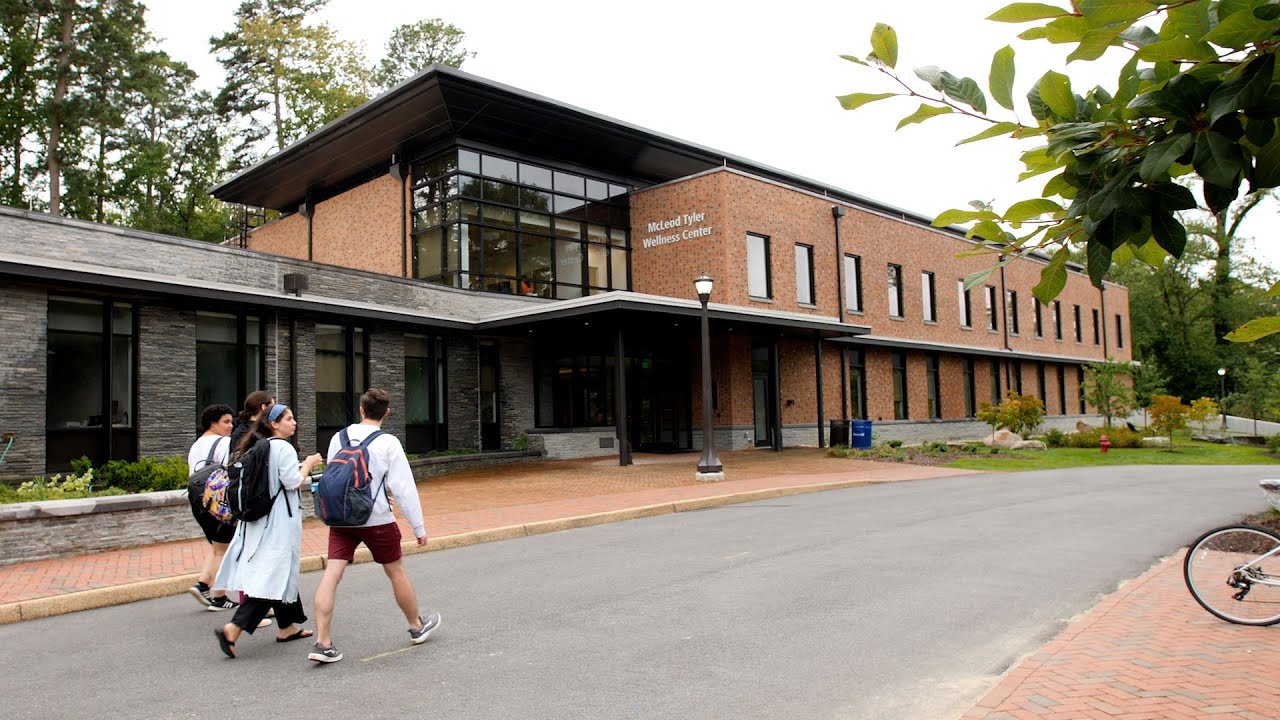First a vent.
I am starting from the belief that the current high school/college generation really is being raised in a more stressful environment: when the pandemic happens their lives actually changed, social media, so much division and spirit of hatred in politics, etc. I think they have challenges that previous generations have not had (though there are also strengths and benefits available that previous generations didn’t have).
My oldest daughter is at an Ivy in the math department. She dated a boy from another Ivy math department in her freshman (pandemic) year. He tried to commit suicide. She was terrified to break up with him and of course I told her it was absolutely OK. She dated another boy in her college’s math department her sophomore year. She was reluctant to break up with him because she knew he suffered from depression (she found out after they started dating). She did break up, and he tried to commit suicide. I told her to go to the campus mental health services and get at least a few sessions with a therapist to talk about it, at a minimum that it wasn’t her fault! She did, and there was a four to six month wait list! What the heck! (we got private therapy). There are so many problems in this situation I can’t even begin to unpack it, not the least of which is the hush-hush around high achieving students who suffer when they realize there lives didn’t suddenly become meaningful and stress free after getting into the college they had hoped for. I suspect the colleges are so afraid of bad publicity they don’t even find out for themselves what the state of students’ mental health is, let alone sharing it with prospective families or participating in a national dialogue.
My second daughter was finishing accutane when she started as a freshman. She needed one more pregnancy test at the end of the course of treatment (note to parents: if your child and especially daughter is going to take accutane, do it in high school! the monthly blood tests and pregnancy tests are onerous on first years). The campus health center had extremely limited hours (something like 8am-4pm) and wouldn’t give her a test. I remember visiting the campus health center when I was a student in the 90s for the flu in the middle of the night and walking out with birth control, STD testing, mental health screening and a bunch of useful information, because some forward thinking campus health leadership had decided that once a student walks in the front door, you have a huge opportunity to help them (with their consent of course). You can’t do that if the health center is closed when students are looking for help! And turn kids away for a simple virtually free pregnancy test! What the heck!!!
My third daughter started cutting in 8th grade and I immediately got her into a DBT program and thank God for that program, and that I didn’t blame others or go into denial. That program equipped her thoroughly with DBT skills and mindset. She is thriving. Her sisters ask her for ideas when they have trouble - she recently talked her older sister through some anger at a friend and helped her sister turn the responsibility from the friend to herself, her need to set boundaries, how reframing could help, etc. I sometimes hear her muttering under her breath “that person needs some distress tolerance training.” Doing that program pro-actively, before she got deeper into difficulty, was one of the best things we could have done for her.
I have been touring colleges with my son and my new favorite question on tours and in info sessions is about campus health and campus mental health. What’s the guiding framework? Do they see health as an opportunity to help students? What is being done PRO-ACTIVELY or at the first sign of need? What does the info session leadership know about the mental health services and what is the tour guide’s experience (if they share, and many of them do, eagerly)? (thank goodness my son doesn’t mind at all if I ask these questions).
I have not yet found a college where I am satisfied with the response, though some of the individual tour guide’s answers have been heartening.
What I would love to see would be some kind of rating system that took into account the amount of information that the university collects, services provided for students that go looking for help and the approach that the college takes in thinking about health as an opportunity to serve and support students. I think it should be widely discussed, destigmatized and made as important talking about dorms and food. It would be amazing if group DBT or other group sessions were offered to students who want them, as an efficient way to support students, though that’s just my personal positive experience, and I’d want to know what is effective.
Has anyone found a college where they thought the program was strong enough to be a model?
